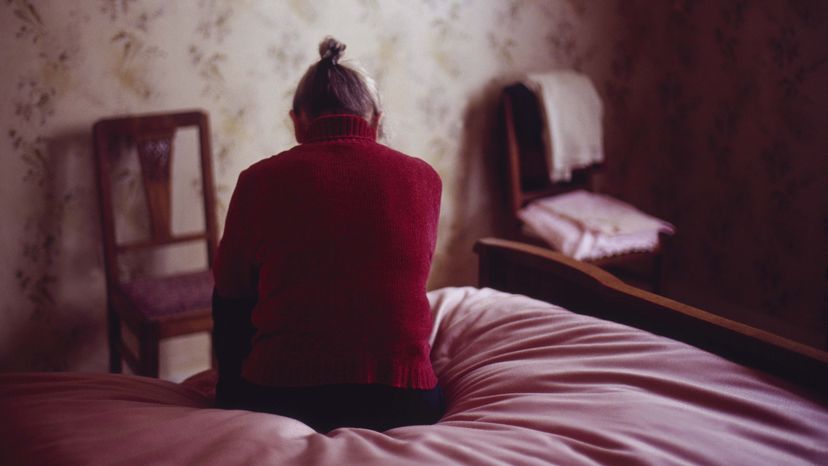
When British Prime Minister Theresa May proclaimed a new minister for loneliness in January, some people sat back on their heels and gaped. "This is so British," Stephen Colbert jibed. "They've defined the most ineffable human problem and come up with the most cold, bureaucratic solution."
The Brits already had a loneliness commission. It was a project of Jo Cox, the member of Parliament who was brutally murdered in 2016. Continuing the "loneliness work" is a statement in her memory. But loneliness has, in fact, become an increasing object of study, as researchers try to quantify what once was simply a matter of the heart.
Advertisement
Many of them say loneliness is a growing problem. But is it true? Are people really more lonely than they used to be?
In Britain, one person in ten is said to be lonely. And last year, a Brigham Young professor laid out the evidence for an "epidemic of loneliness" before the U.S. Senate Aging Committee. Psychologist Julianne Holt-Lunstad told the august group that the average size of American social networks is decreasing and more than 8 million older adults are socially isolated.
Behavioral scientist Brian Primack also gives the idea credence. "There are a lot of different trends in society that make [an increase in loneliness] more likely," says Primack, dean of the Honors College at the University of Pittsburgh. "There are fewer and fewer ways to connect with individuals in person."
Advertisement
